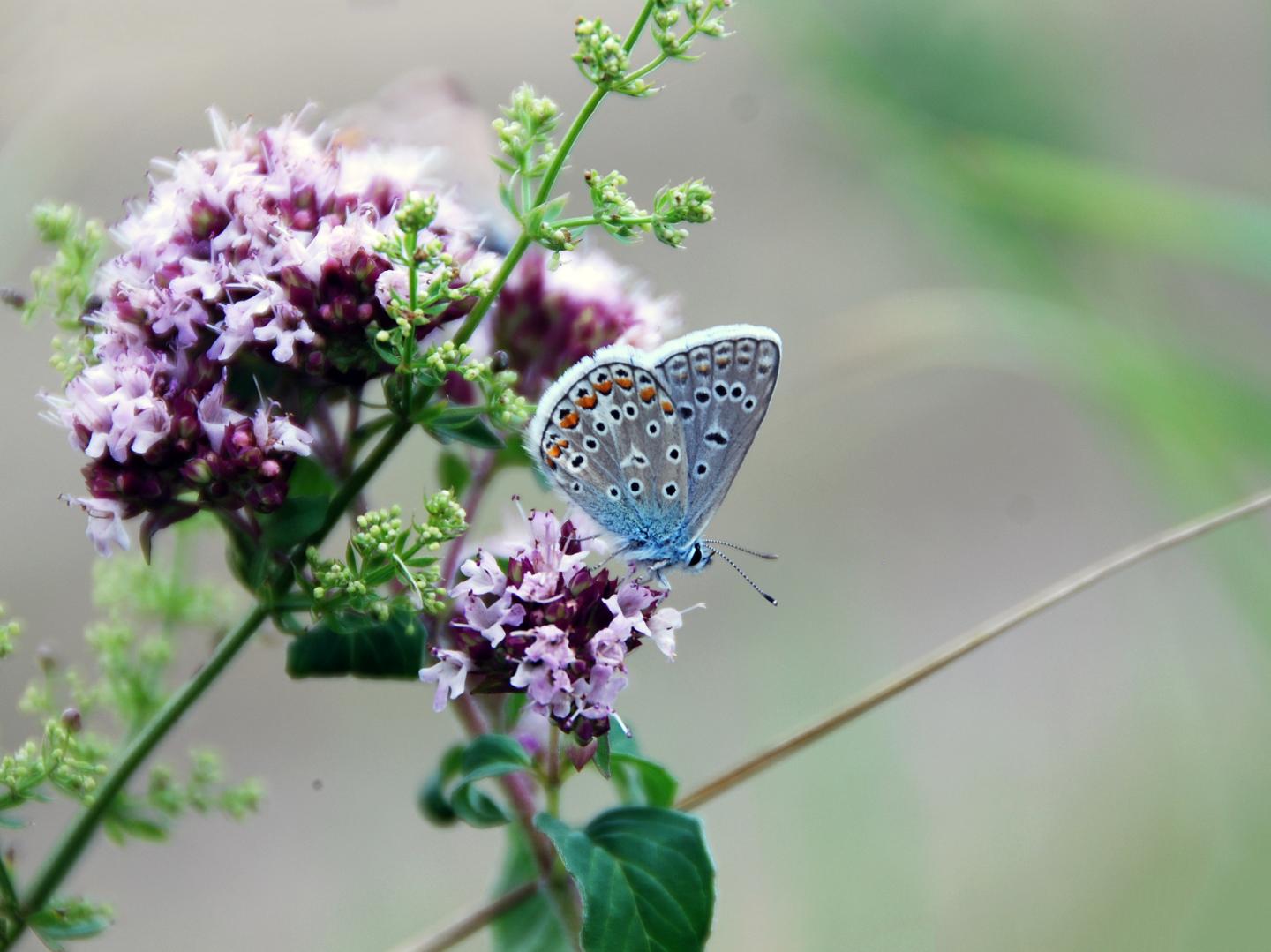High-intensity agriculture reduces number of butterfly species in adjacent areas

Credit: Jan C. Habel / TUM
Meadows adjacent to high-intensity agricultural areas are home to less than half the number of butterfly species than areas in nature preserves. The number of individuals is even down to one-third of that number. These are results of a research team led by Jan Christian Habel at the Technical University of Munich (TUM) and Thomas Schmitt at the Senckenberg Nature Research Society.
Germany is home to roughly 33,500 species of insects – but their numbers are decreasing dramatically. Of the 189 species of butterflies currently known from Germany, 99 species are on the Red List, 5 have already become extinct, and 12 additional species are threatened with extinction.
Now a team led by Prof. Jan-Christian Habel of the Department of Terrestrial Ecology of the Technical University of Munich and Prof. Thomas Schmitt, Director of the Senckenberg German Entomological Institute in Muencheberg in Brandenburg, has examined the specific effects of the intensity of agricultural use on the butterfly fauna.
Reduced biodiversity also on areas around intensively cultivated fields
The research team recorded the occurrence of butterfly species in 21 meadow sites east of Munich. Of these study sites, 17 are surrounded by agriculturally used areas, and four are in nature preserves with near-natural cultivation.
They recorded a total of 24 butterfly species and 864 individuals in all study sites. Specialists among the butterflies were particularly dependent on near-natural habitats, while the more adaptable “generalists” were also found in other grassland sites.
“In the meadows that are surrounded by agriculturally used areas we encountered an average of 2.7 butterfly species per visit; in the four study sites within the protected areas ‘Dietersheimer Brenne’ and ‘Garchinger Heide’ near Munich we found an average of 6.6 species,” adds Prof. Werner Ulrich of the Copernicus University in Thorn, Poland.
Negative impact of the industrialized agriculture demands rethinking
“Our results show an obvious trend: in the vicinity of intensively cultivated fields that are regularly sprayed with pesticides, the diversity and numbers of butterflies are significantly lower than in meadows near less used or unused areas,” explains the study’s lead author, Prof. Jan Christian Habel.
“Our study emphasizes the negative impact of the conventional, industrialized agriculture on the butterfly diversity and shows the urgent need for ecologically sustainable cultivation methods. Additional field studies may aid in identifying individual factors responsible for the insect die-back and in implementing appropriate countermeasures,” adds Schmitt in closing.
###
Publication:
J.C. Habel, W. Ulrich, N. Biburger, S. Seibold, and T. Schmitt
Agricultural intensification drives butterfly decline.
Insect Conserv Divers, Feb. 7, 2019 DOI: 10.1111/icad.12343
Media Contact
Dr. Andreas Battenberg
[email protected]
Original Source
https:/
Related Journal Article
http://dx.




